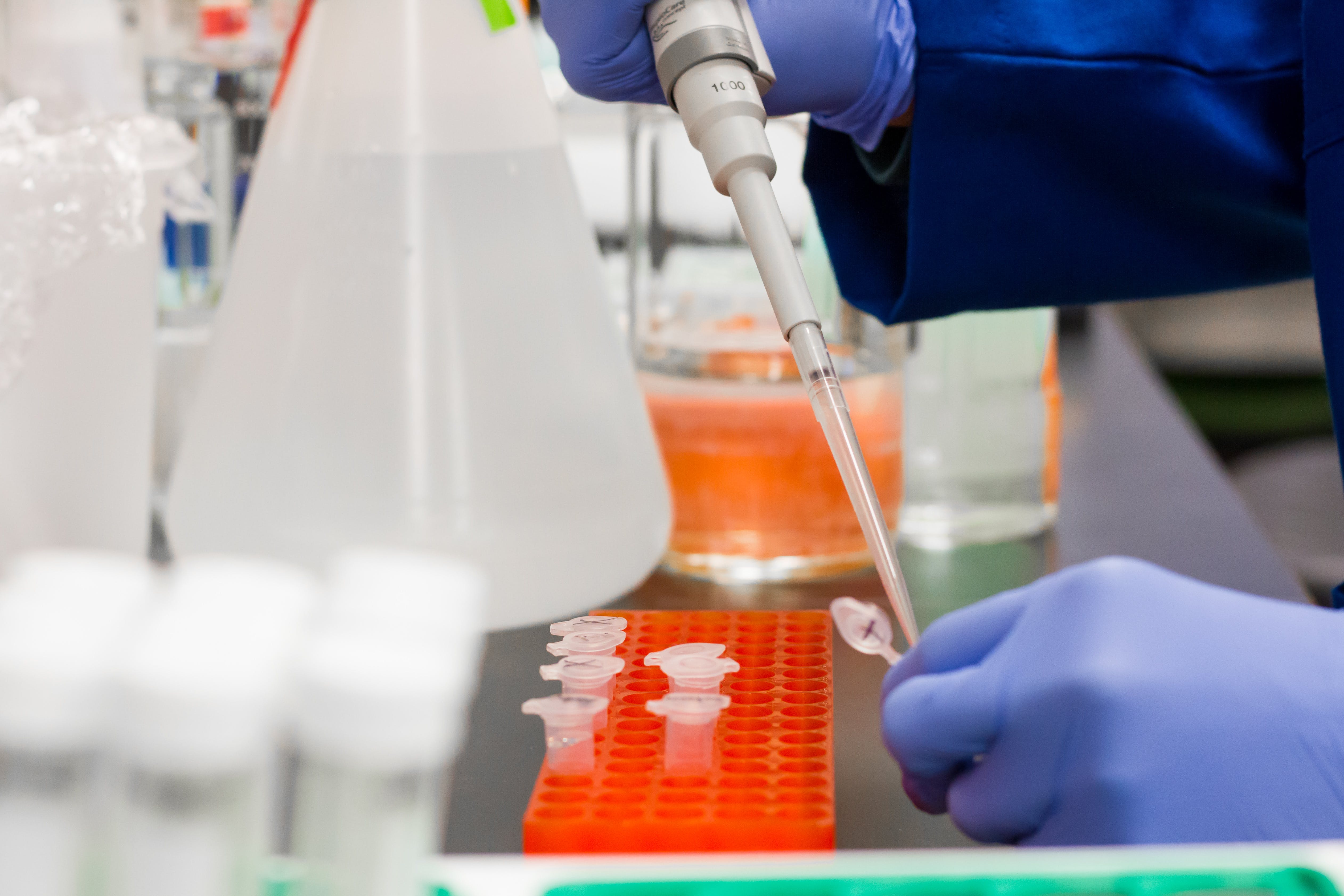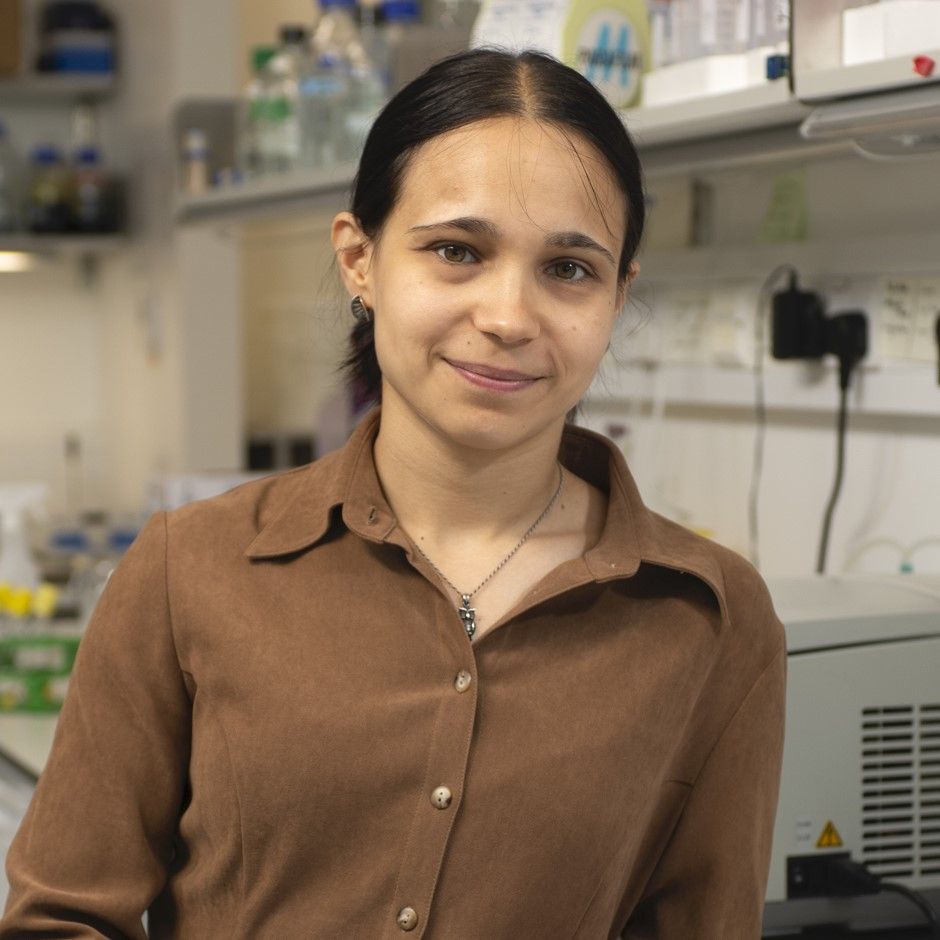
Why study Biochemistry at St Hilda's?
A specialist group of tutors in a wide range of areas are available for the St Hilda’s students and, traditionally, the students have very attentive tutoring. This is one of the factors which contributes to St Hilda’s having such a high-achieving school of biochemistry.
St Hilda’s biochemists tend to be a sociable group. Members of the school share a good social life, with a Christmas dinner organised by the students, social events organised by their tutor and annual seminars to allow the fourth-year biochemists to share their research projects. Biochemists in all years at the College interact and often they are able to help one another both in academic and in pastoral matters. We also have a network of ex-St Hilda's postgraduate students within the University who attend our biochemistry social events. This gives us a robust support network, where more experienced undergraduates can assist newcomers. Regular tutorials also give students close access to their College tutors and they can benefit from first-hand accounts of research in stem cell metabolism and control of gene expression during the cell cycle.
Combined with the delightful setting of the College by the river, with punting in the summer, St Hilda’s biochemists tend to have a very positive experience of their College careers. All of these factors probably contribute to the fact that, as a college, we have an unusually high proportion of biochemistry students continuing to read for higher degrees.
Biochemistry provides an excellent basis for a variety of future careers. It is a subject which has great topical relevance: 3-parent IVF, the use of mitochondrial DNA to identify King Richard III and the likely effects of high obesity rates have all featured in tutorial discussions in recent years. We are tremendously proud of the Biochemistry course at Oxford which leads to a Master’s degree. One of its unusual features is that the fourth year includes a 25-week project consisting of original research done in an active lab in the University. Overwhelmingly, students have a very positive experience of their fourth-year project, even if they decide that research is not for them. It illustrates to them not only the rewarding and exciting aspects of studying something that has not been studied before but also the camaraderie of a lab environment. This experience is certainly reflected in the career choices of our graduates. A high proportion of the total university cohort goes on to study for higher degrees either in Oxford or elsewhere. Over the last four years, 60 per cent of St. Hilda’s Biochemistry graduates have progressed immediately to a higher degree. Many have stayed in Oxford for their doctoral studentships which means that we have a constant presence of ex-St Hilda’s Biochemistry graduates in College as they come back for social events and to help out with teaching. Of the remainder, Forensic Science and Graduate Entry Medicine qualifications have been popular, whereas others have forged careers in patent law, clinical biochemistry and accountancy. With a degree in Biochemistry, graduates are ideally placed to follow a variety of different career paths.
Up to 4 places per year
Meet our Academics
You can read more about the course academics via their profiles which can be accessed below.

Biochemistry

Biochemistry
